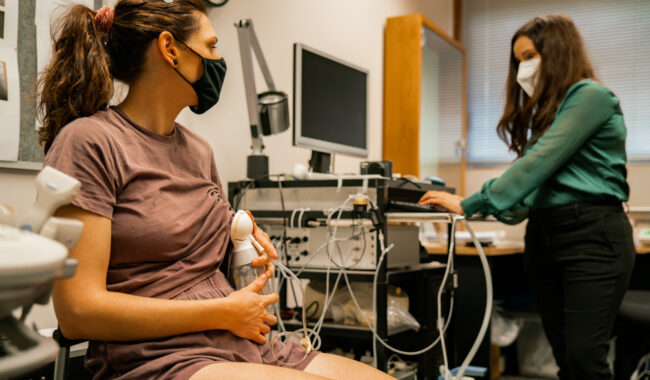
Projects
Confirming the reference range for breastfeeding milk profile
Approximately 35% of all women who wean early report perceived insufficient milk as the primary reason, described as a woman perceiving that her supply is inadequate either to satisfy her infant’s hunger (based on the infant’s behavior, including the frequency and duration of breastfeeding sessions) or to support “adequate” weight gain. Individuals who perceive that they have insufficient milk are likely to use complementary bottles of infant formula, leading to a cycle of ever-decreasing breast milk production. Breastfeeding knowledge has been shown to be strongly correlated with breastfeeding confidence and actual lactation duration. Thus, evidence-based information can assist efforts to improve rates of successful breastfeeding by averting either unskilled or inconsistent professional support.
Measurement of milk supply by 24-hour in-home test-weighing of infants that can provide objective information that can support the confidence of breastfeeding mothers and their clinicians when breastfeeding parameters are shown to be normal. Alternatively, measurement can guide the clinician in the management and support of the breastfeeding dyad.
Interpretation of the results of the 24-hour milk profile depends on a well-defined reference range. The current reference range is based on data from 71 exclusively breastfeeding dyads. We aim to ensure the validity of the reference range by measuring a larger number of healthy breastfeeding dyads.